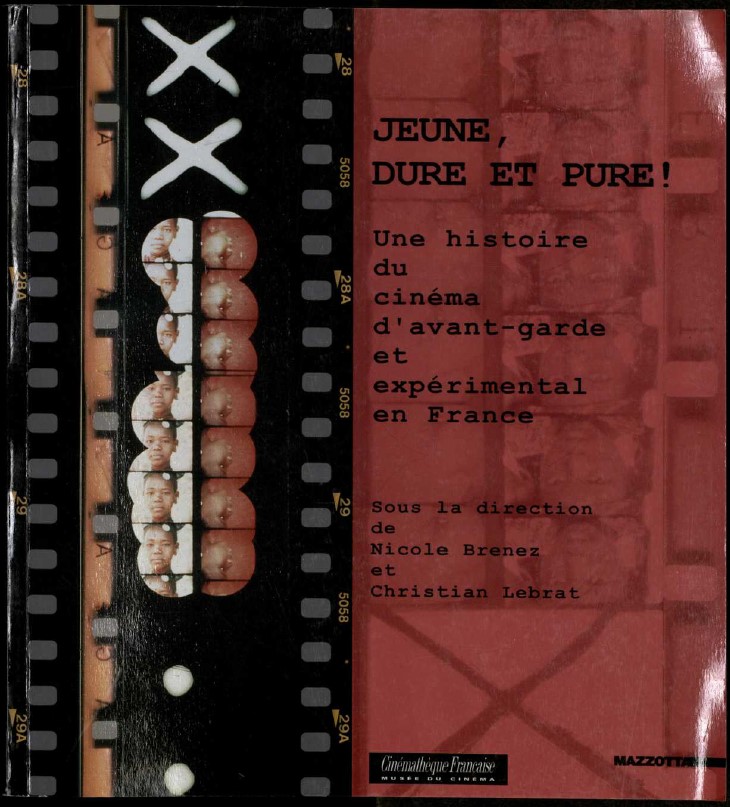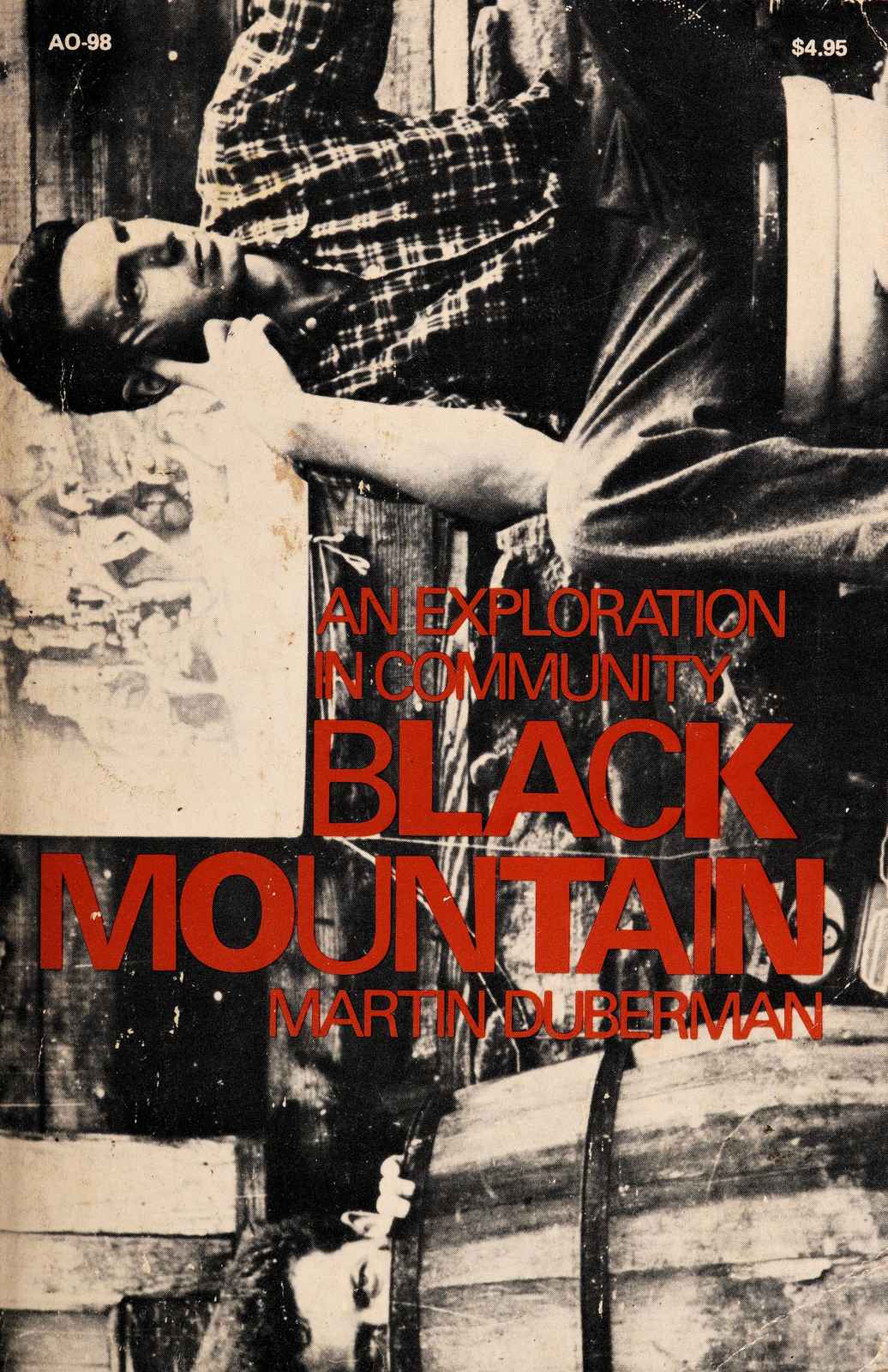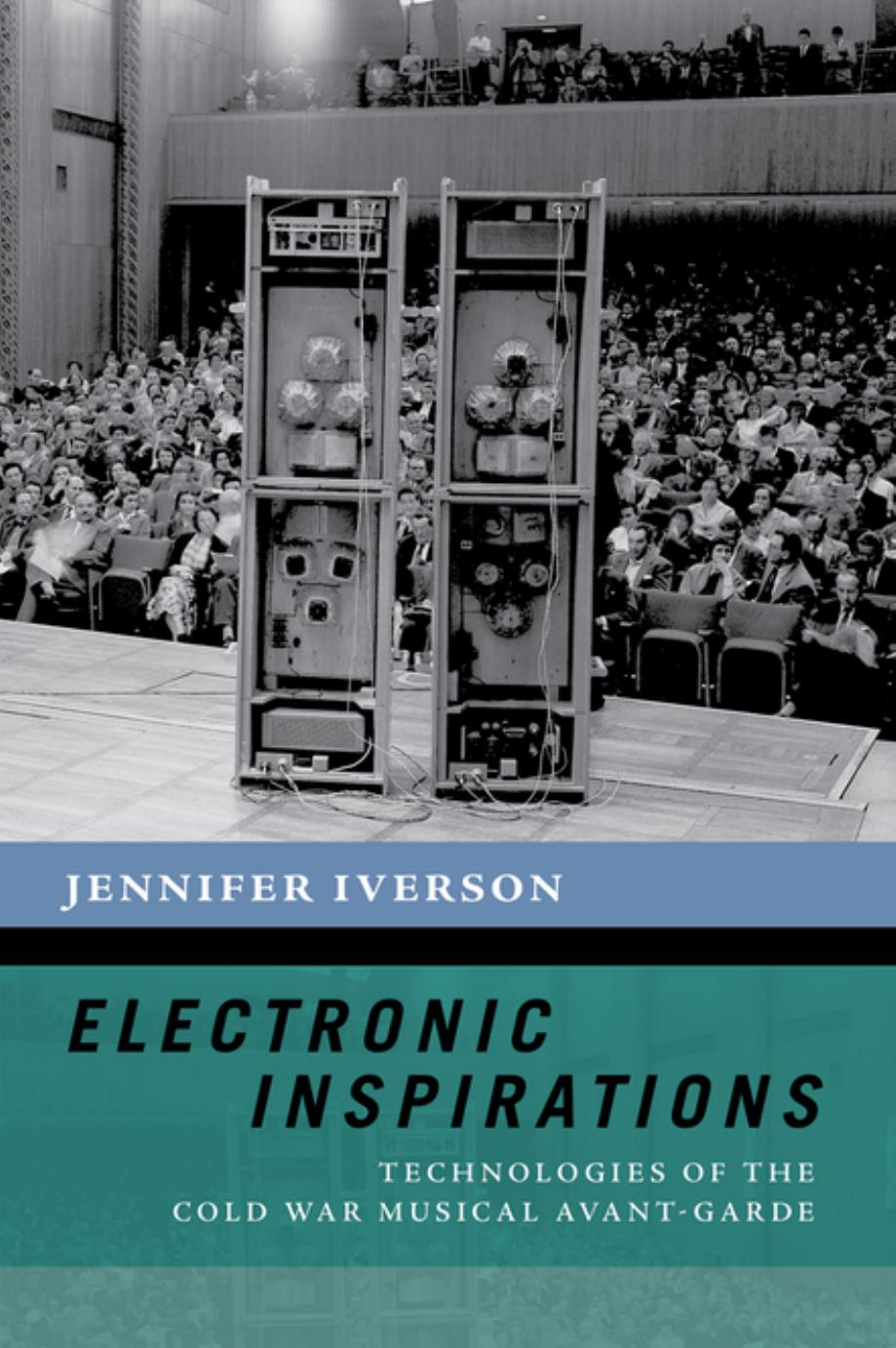Nicole Brenez, Christian Lebrat (eds.): Jeune, dure et pure! Une histoire du cinéma d’avant-garde et expérimental en France (2001) [French]
Filed under book, catalogue | Tags: · avant-garde, cinema, experimental film, film, film criticism, film history

“L’expérimental dans l’expérimentation scientifique et technique – Le cadre aux surprises – Problèmes figuratifs, devenirs abstraits – ” La sagesse ne viendra jamais “. Dada, Surréalisme – Une terrible invention à faire du vrai – Recherches plastiques dans la fiction, travail des formes narratives – Les années 30 – ” L’angoisse et la douleur et l’inhumanité de la race humaine ” – Les années 50 – Americans in Paris – Le cinéma a déjà commencé ? Lettrisme – L’internationale situationniste – Performances et cinéma des plasticiens – ” Les Kamikazes de l’amour “. L’Underground français (et inassimilés) – Zanzibar – Engagements, combats, débats – Formes expérimentales narratives – Melba – Le cinéma du corps – Recherches scientifiques, propositions visuelles – Poèmes ethnographiques – Portrait, collections / Autoportrait, fictions – Paysages – Figurativité du montage – Recherches optiques, inventions sonores et narrativité – Abstractions chromatiques, domaines sensibles – Dispositifs – Le mouvement des Laboratoires – Constellations – Poèmes, pérennités de l’avant-garde.”
Publisher Cinémathèque française, Paris, and Mazzotta, Milan, 2001
ISBN 882021461X, 9788820214616
591 pages
Review: François Bovier (1895, 2008).
PDF (100 MB)
English trans. of Introduction
Martin Duberman: Black Mountain College: An Exploration in Community (1972)
Filed under book | Tags: · art, art education, art history, avant-garde, counterculture, education

“With faculty and alumni that included John Cage, Robert Creeley, Merce Cunningham, Buckminster Fuller, Charles Olson, Josef and Anni Albers, Paul Goodman, and Robert Rauschenberg, Black Mountain College ranked among the most important artistic and intellectual communities of the twentieth century. In his groundbreaking history, Martin Duberman uses interviews, anecdotes, and research to depict the relationships that made Black Mountain College what it was. Black Mountain documents the college’s twenty-three-year tenure, from its most brilliant moments of self-reinvention to its lowest moments of petty infighting. It records the financial difficulties that beleaguered the community throughout its existence and the determination it took to keep the college in operation. Duberman creates a nuanced portrait of this community so essential to the development of American arts and counterculture.”
Publisher Dutton, New York, 1972; Anchor Books, Garden City, NY, 1973
ISBN 0385070594. 9780385070591
xix+578+[16] pages
Reviews: Herbert Leibowitz (New York Times, 1972), Kirkus Reviews (1972), George B. Tindall (North Carolina Historical Review, 1973).
Publisher (2009 reprint)
WorldCat
PDF (94 MB)
Comment (0)Jennifer Iverson: Electronic Inspirations: Technologies of the Cold War Musical Avant-Garde (2018)
Filed under book | Tags: · avant-garde, cold war, collaboration, cultural history, electroacoustic music, electronic music, information theory, music history, technology

“Cold War electronic music—made with sine tone and white-noise generators, filters, and magnetic tape—was the driving force behind the evolution of both electronic and acoustic music in the second half of the twentieth century. Electronic music blossomed at the Westdeutscher Rundfunk (WDR [West German Radio]) in Cologne in the 1950s, when technologies were plentiful and the need for cultural healing was great. Building an electronic studio, West Germany confronted the decimation of the “Zero Hour” and began to rebuild its cultural prowess. The studio’s greatest asset was its laboratory culture, where composers worked under a paradigm of invisible collaboration with technicians, scientists, performers, intellectuals, and the machines themselves. Composers and their invisible collaborators repurposed military machinery in studio spaces that were formerly fascist broadcasting propaganda centers. Composers of Cold War electronic music reappropriated information theory and experimental phonetics, creating aesthetic applications from military discourses. In performing such reclamations, electronic music optimistically signaled cultural growth and progress, even as it also sonified technophobic anxieties. Electronic music—a synthesis of technological, scientific, and aesthetic discourses—was the ultimate Cold War innovation, and its impacts reverberate today.”
Publisher Oxford University Press, New York, 2018
The New Cultural History of Music series
ISBN 9780190868192, 0190868198
xi+303 pages
Reviews: Lucie Vágnerová (Integral, 2019), Ted Gordon (Current Musicology, 2019), James Davis (Music & Letters, 2019), Maurice Windleburn (Sound Studies, 2020).
PDF (32 MB)
Comment (0)
